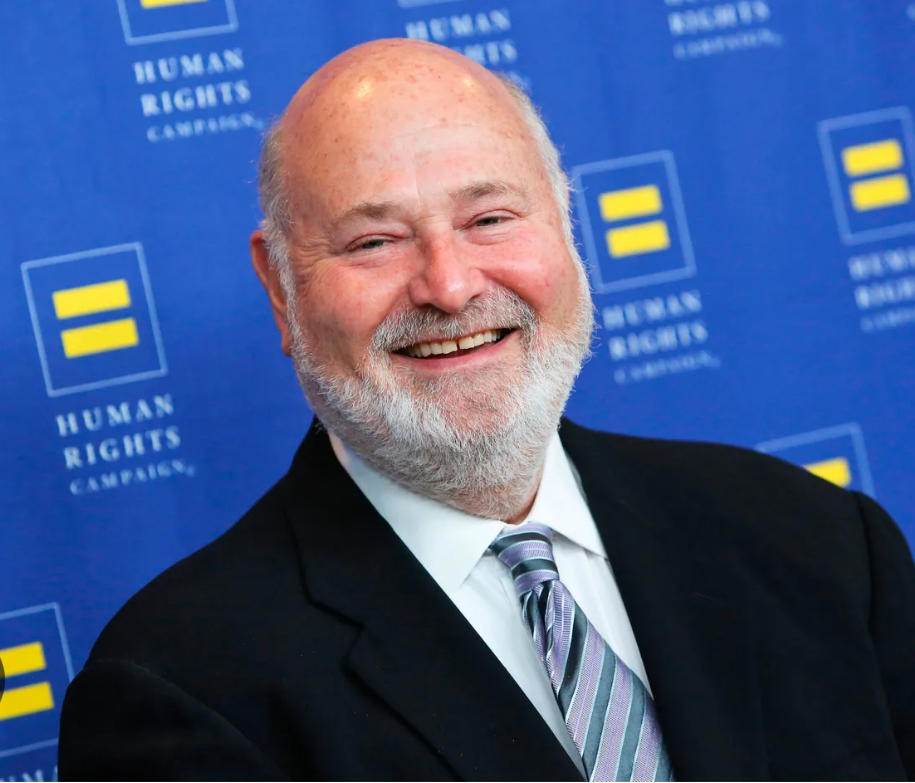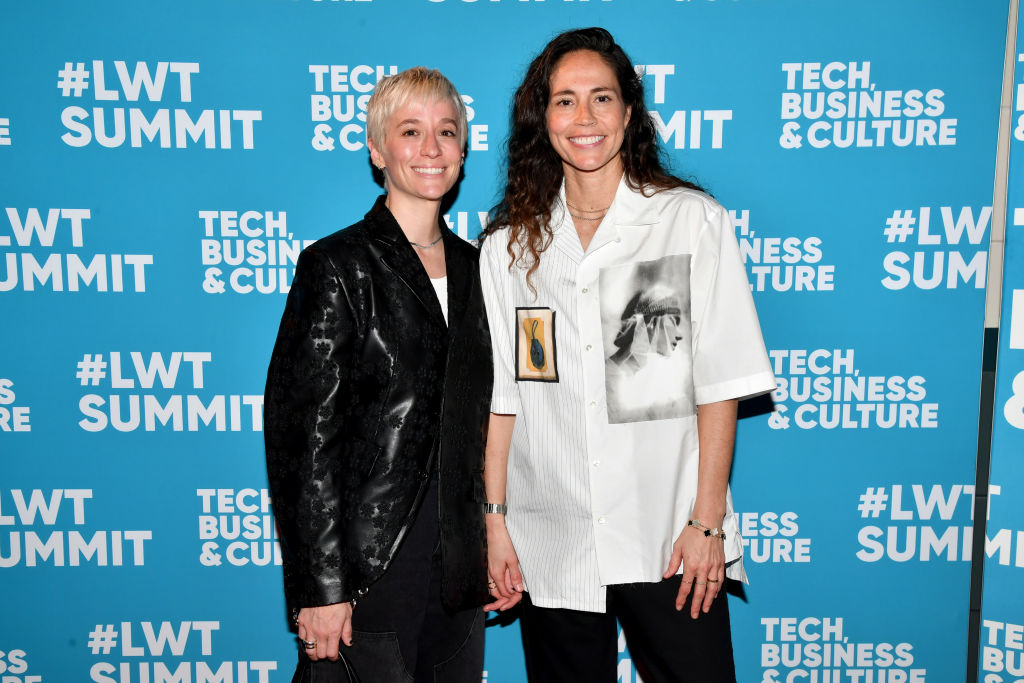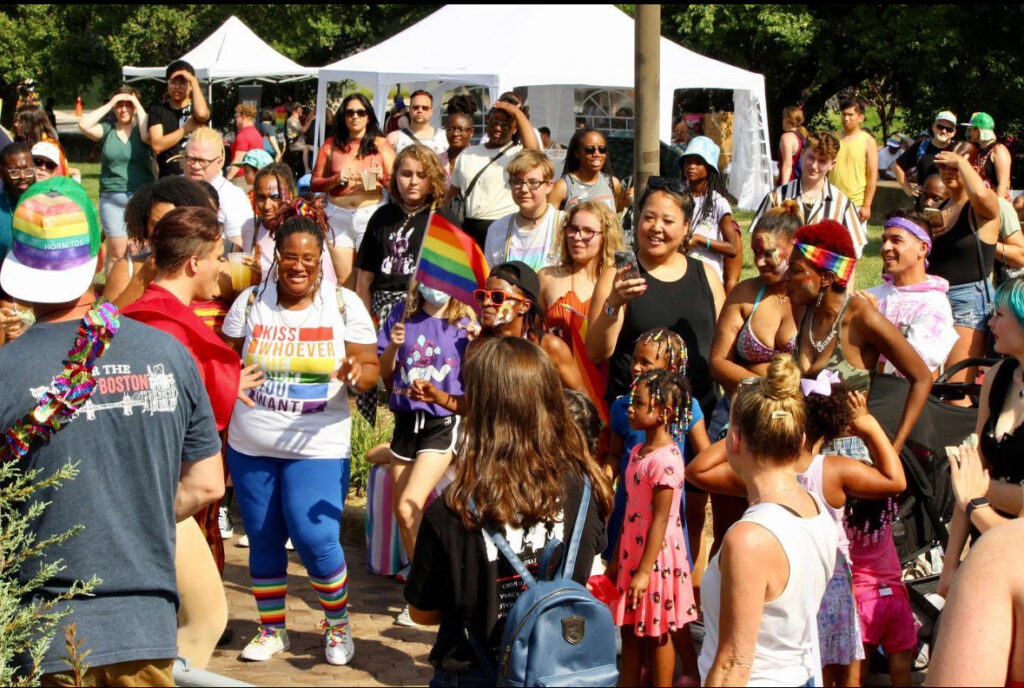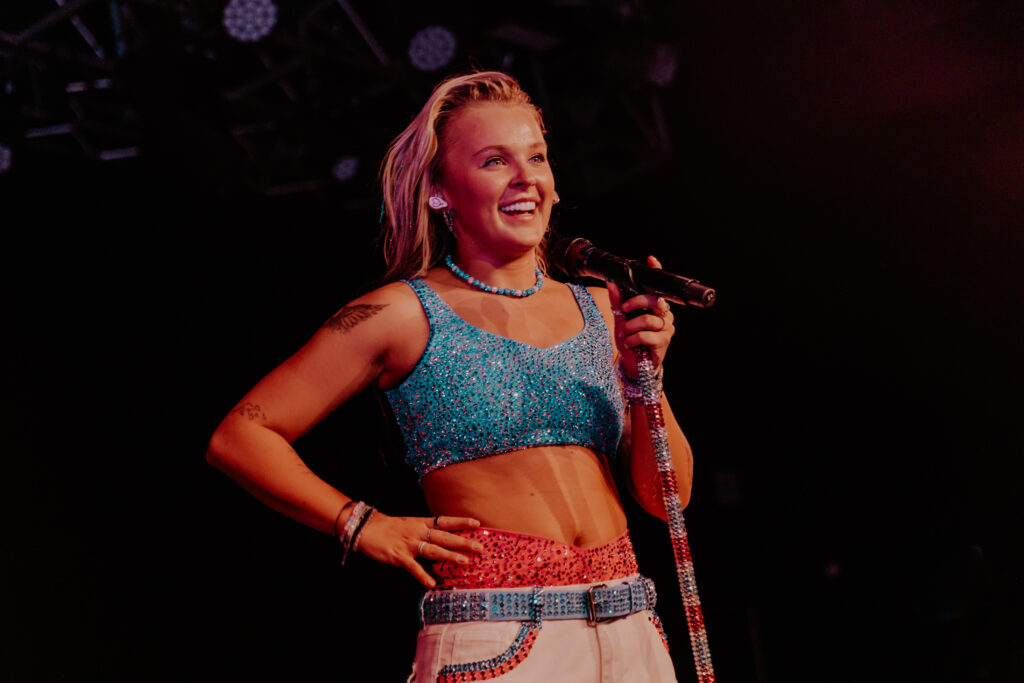When Social Media Influencers Become Internet Bullies

Bullies don’t influence people. They frighten people into peeling off their identities.
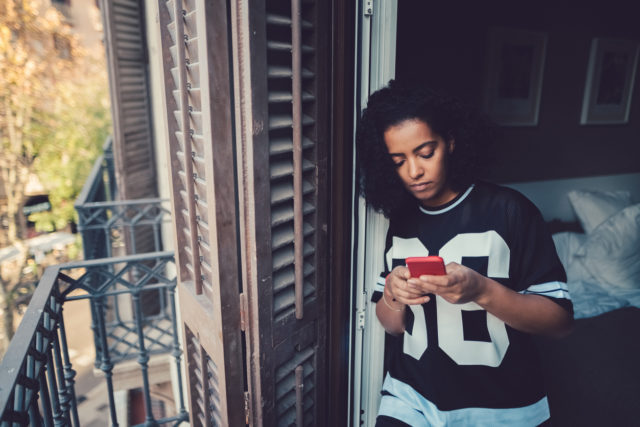
There is a weird thing happening on social media. Actually, it’s been happening on social media for a long while now. The reckless abuse of social capital. For those who don’t understand what this very internet-y term “abusing social capital” actually means, allow me to break it down. It’s when an influencer (a person who attains an expansive following that respects their style, their views, their work/art) uses their social media platforms as a tool to pressure others into thinking the exact same way they think. It’s when influencers act like internet bullies.
“Such and Such is a garbage human being and this film they made is a piece of garbage and anyone who thinks otherwise is damaging and WRONG!” an influencer abusing their social capital will tweet. And maybe Such and Such is a garbage human being. That happens sometimes. But more often then not, I’ve found that these “trash bag people” are simply individuals who attain a different creative style or point of view or level of education than the Influencer and therefore has a different means of expression than said influencer. Because the influencer is so vehemently adored by the masses, their bevy of followers will take their word for it. They won’t watch Such and Such’s film and decide if it’s shitty and problematic for themselves. They won’t do any research on Such and Such. Instead, they’ll comment: “You are so right! F*ck Such and Such! F*ck anyone who likes their awful work!”
A few of the influencer’s followers might think: “Hmm, I actually disagree with the influencer on this one. Such and Such’s art actually helped me navigate a really tough time in my life.” But they’ll think this super quietly because if they dare to even politely question the influencer’s authority as the moral and creative dictator of the internet, they’ll be eviscerated. Deemed “part of the problem.” Called out for being “stupid.” Tossed out of the community and hung out to dry with the rest of yesterday’s dirty laundry.
Once upon a time a writer that I deeply respect penned a powerful essay about how he still identifies as a gay man even though he’s in his first relationship with a woman. He wasn’t taking a political stance. He wasn’t saying his identity wasn’t flawed. He was self-aware and vulnerable as he told his story.
“How bold. How interesting,” I thought to myself, impressed by this blatant expression of authenticity as I devoured his article. As a gay woman who exclusively sleeps with women, did I relate to the writer’s plight? Not exactly. Our circumstances and worldview are entirely different from one another’s. But I did relate to the underbelly feeling he experienced, the feeling of losing an identity that’s defined you. Like most powerful works of art, there were pieces of it I connected to, and pieces I didn’t connect to at all, but the overall piece made me think. It expanded my brain and stimulated me to deep dive into conversations about gender and sexuality with friends and family. To me, stories like this are positive for the world. Anything that gets people thinking and talking is positive for the world, even if it’s not perfectly PC, right?
Naturally, an influencer with a massive following didn’t take to the essay and blasted the writer on every single social platform in utter existence, claiming that his personal story was “bad” for queer people. The influencer didn’t explain why they felt his story was “bad for queer people.” I would understand why someone might disagree with the writer claiming a gay identity when he’s not in a gay relationship—sure. Having a reaction to a story is absolutely allowed and encouraged. But the influencer’s tweet was not that of thoughtful disagreement. There was no nuance to the takedown of the piece. Just utter dismissal and boiled over rage that someone had the gall to tell a story that didn’t align with their view. And if it didn’t align with their point of view, then clearly the story was a problematic one, right? That’s the state of our beloved internet culture, isn’t it? If a work of art doesn’t perfectly align with certain influential entities personal experience, it better not align with their audience’s personal experience either. If that song or essay didn’t wildly offend you the same way it offended them, you are bad. It’s the classic mob mentality; if the head honcho hates that bitch, WE ALL HATE THAT BITCH. The internet doesn’t embrace nuance. Which is tough, because the internet is the home to a lot of excellent writing. And writing, good writing (I believe) is all about being as nuanced as possible.
Within seconds, this influencer’s tweet was retweeted by thousands of people. It was retweeted so quickly, I doubted anyone had a moment to actually read the essay. To let the words of the writer land on their brains, marinate in their hearts, and eventually digest the story to formulate their own opinions on the piece. That is the danger of having a platform. People will all too often follow your lead and violently agree with you without deciding for themselves… even if your opinion was rash, or drunken, or triggered by a past experience, or even cultivated out of sheer meanness.
As I watched the retweets pile up, I asked myself, what is the true definition of an influencer? Is it a person who commands everyone reacts to art the same way they do? Is it a person who shouts so loudly on social media that the voices of others are rendered silent and afraid? Is it a person who feels a sense of power and control for serving as the reigning thought authority of those who look up to them? Or is that a textbook bully with a big following? In this situation, it seemed like the latter. Personally, I think it doesn’t matter if you have a pretty Instagram feed that holds court to all the likes in the whole wide world—if you relinquish genuine pleasure in the takedown of a well-meaning human being, you’re a bully.
Then it happened to me. Seemingly out of nowhere, a person I had never in my life met nor interacted with decided to tweet something about me that was ~entirely~ untrue. I felt like I had entered the Twilight Zone after I scanned my notifications. But since this person had a hyper-loyal following and perhaps maybe content was slow that day, they accused me of doing something I would never, under any circumstances dream of doing. The next thing I knew, this tweet was retweeted by hundreds of people. Within seconds, I got harassed by thousands of strangers across the internet who didn’t give me a chance to explain myself and who weren’t interested in hearing me out or further looking into my work history or reputation. I was taken down… in a tweet. I was called a whore. People pulled up pictures of my friends and family, deeming them whores, too. What had happened to that writer all those years ago, was suddenly happening to me.
It felt like junior high school all over again. Suddenly, I was thrust back into the horrors of middle school, overcome with vivid memories of that asshole boy in the seventh grade who told everyone I gave him head during a heated game of seven minutes in heaven (I didn’t—gaslighting from men starts very young, kids). I was given no opportunity to speak for myself and everyone treated me like a contagious, deadly, disease overnight. (If I had been given a platform to speak, I would’ve told my classmates that I hadn’t given this loser boy head—but if I had, that was my choice and stop shaming girls for being sexual, you idiot preteen sheep.)
Why did they listen to the vocal power of this twelve-year-old boy over my own? Because the twelve-year-old boy was the most popular kid in school. He was preppy, and I was a far less “on trend” punk rock kid. He was handsome and wealthy and notoriously mean. And if you questioned his word, you received the snake bite of death. You were over. Middle school was hard enough without having to further alienate yourself by believing the town slut over the town prince. Sounds like adults on the internet, huh? Sounds like abusing social capital IRL, huh? The wealthy popular boys are like the internet bullies with the gazillion adoring fans, who we all fear that if we stand up to them, we’ll be endlessly harassed in the dangerous school hallway that is the modern-day Facebook feed.
The rejection of my peers stung. But I understood why my group of friends came up to me, silver lunch trays gleaming in their tiny hands, nervous smiles sprawled across pimply faces as Joanna, the leader of the girl pack, cleared her throat and said: “You can’t sit with us anymore.” I hid in the bathroom stall after that incident for the rest of the semester.
More often I’m witnessing brilliant, interesting, fantastic adults spending their lives hiding out in the metaphorical bathroom stall, recoiling into themselves like they’re terrified seventh graders doomed to the fate of being forever unpopular. Admitting to liking the essay everyone else hated, or sticking up for a girl being hate-tweeted for no reason, is scary. It separates you from the pack.
For the record, I’m not here to defend people who make shitty homophobic comments or defend racism, in any capacity whatsoever. I’m here to defend people who have an opinion that might differ from that of the hive mind of Facebook. I don’t tolerate or respect anyone who is bigoted in any way, this piece isn’t about that. It’s about bestowing respect unto people who have different tastes in art, cinema, music, or politics than the cool kids with social capital. I think we should be using our platforms to encourage others to create and tell their unique life stories, even if the story is flawed (whose isn’t?). Otherwise, we will live in a world where we’re just using our platforms to affirm one another. Yes, it’s nice and cozy and validating to feel affirmed, but we don’t learn from incessant affirmation. We learn and grow by expanding our minds and surrounding ourselves with all kinds of people, with all kinds of perspectives.
Don’t bully people into thinking exactly as you do. There are enough you’s in the world. Use your social capital to encourage free thought. Because a world without free thought is a truly damaging, problematic place in which to live. After all, bullies don’t influence people. They frighten people into peeling off their identities. They don’t make a true impact; it’s only an illusion of impact.
I think a true influencer is a person who uses their social capital to influence people to think for themselves. A true influencer uses their platform to not only promote their own work but to share the work of others. A true influencer understands that they’ve been blessed with the ability to inform people’s opinions and does not take that awesome responsibility lightly. An influencer uses their platform to make the world kinder, not scarier.







